
The American Society for Radiation Oncology (ASTRO) has released guidelines for the use of radiation therapy in treating bone metastases; the guidelines are published in the International Journal of Radiation Oncology, Biology, Physics.

Your AI-Trained Oncology Knowledge Connection!


The American Society for Radiation Oncology (ASTRO) has released guidelines for the use of radiation therapy in treating bone metastases; the guidelines are published in the International Journal of Radiation Oncology, Biology, Physics.


It is my pleasure to start 2011 by adding a new professional responsibility to my résumé, that of Editor-in-Chief of ONCOLOGY Nurse Edition. Although ONCOLOGY Nurse Edition is a relatively new publication, now entering its fifth year, the journal boasts a readership of 15,000 oncology nurses nationwide.

Yoga, an ancient tradition that originated approximately 5,000 years ago in Central Asia, is a complete system of mental and physical practices for health and well-being. Predominantly practiced within the philosophical context of Ayurvedic medicine in India, yoga as a mind-body therapy is now also increasingly popular in the West, practiced by approximately 15 million individuals.

Oncology costs have become unaffordable for our healthcare system. Increasing at a rate of more than 15% per year, costs for treating cancer patients are far outpacing inflation and other healthcare costs.


ALSO KNOWN AS: Ananase, dayto anase, traumanase.
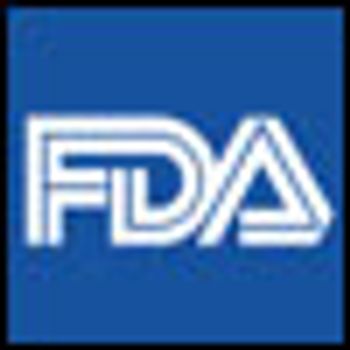
The FDA’s Oncologic Drugs Advisory Committee (ODAC) met last week to debate the value of the FDA's accelerated approval program for cancer drugs.
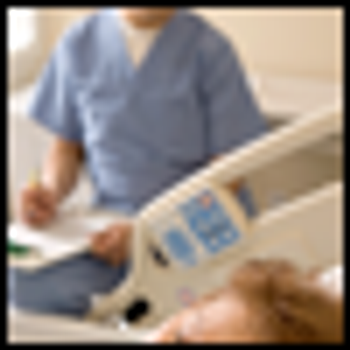
While more than 12 million people in the US are cancer survivors, an online survey conducted by the Oncology Nursing Society (ONS) has found that only about one-quarter of oncology nurses surveyed had a formal survivorship program in place at their institutions.

Dr. Cassileth is chief of MSKCC’s Integrative Medicine Service and the Laurance S. Rockefeller Chair in Integrative Medicine.The program Dr. Cassileth built at MSKCC offers individual therapies in many areas, including various types of massage; mind-body therapies such as meditation, guided imagery, and self-hypnosis; creative therapies involving music and sound; acupuncture; nutrition counseling; fitness classes; education programs for patients, caregivers, and healthcare professionals; and evidence-based information on herbs, botanicals, and other products.Dr. Cassileth has continued to emphasize research, and she and her colleagues in the Integrative Medicine department serve as principal investigators for a number of ongoing trials at MSKCC, including studies of acupuncture and massage therapy.She has further promoted research of complementary therapies as founding president of the International Society for Integrative Oncology (SIO) and as a founding member of the advisory council to the National Institutes of Health Office of Alternative Medicine, now the National Center for Complementary and Alternative Medicine (NCCAM).For Dr. Cassileth, integrative medicine reflects the new era of oncology, one in which our excellent and growing survival rates permit attention to survivor needs. Physical and emotional sequelae of treatment now are important emphases.Complementary modalities can control many symptoms and enhance quality of life with safe, non-invasive, non-toxic interventions in which patients themselves can play an active role.
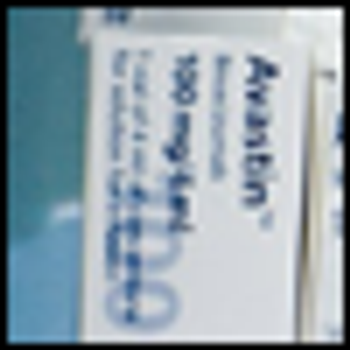
A team of researchers at Stony Brook University School of Medicine in New York published a paper in JAMA last week showing that patients who receive Avastin (bevacizumab), in combination with chemotherapy are at increased risk of side effects that may lead to death

A new law, introduced by Senators Amy Klobuchar (D-Minnesota) and Bob Casey (D-Pennsylvania), will require prescription drug manufacturers to give the US Food and Drug Administration (FDA) early warning of anything that will likely result in a drug shortage.

The FDA has approved Rituxan for first-line maintenance treatment of patients with advanced follicular lymphoma who responded to initial treatment with Rituxan plus chemotherapy.

The FDA has just officially released rough guidelines for use by industry for the development of two or more novel investigational drugs, for use in combination.
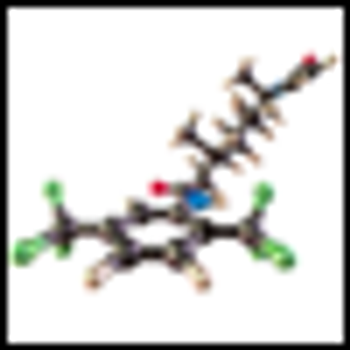
The GlaxoSmithKline (GSK) drug Avodart (dutasteride), already approved for treatment in men with enlarged prostate glands, has been rejected by the FDA for the additional indication of reducing the risk of prostate cancer.
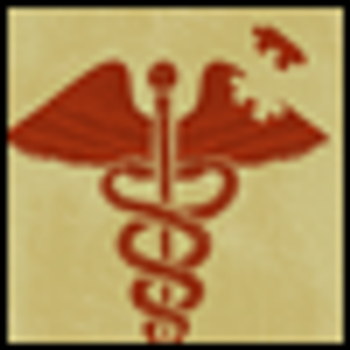
A recent analysis in the Cancer Journal outlines the various effects of last year's landmark health care reform bill on cancer research. Some positive changes will be in the pipeline as will some potentially negative unanticipated consequences.

Recent data from the National Center for Health Statistics (NCHS) shows that an increasing number of primary care physicians have already adopted a basic EHR, but most physicians would need to further upgrade their EHR systems or their use of the systems in order to qualify for “meaningful use” incentive payments.
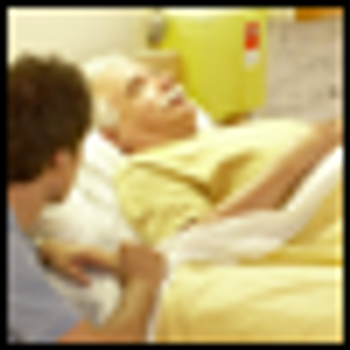
ASCO’s QOPI analysis recently found that less than half of all cancer patients are enrolled in hospice care before their death and of those who are enrolled, one-third are not enrolled until the last week of their lives. In response to this and other findings, ASCO published a new policy and guidelines this week, intended to encourage physicians to initiate open dialogue about palliative care and treatment with patients as soon as they are identified as having incurable cancer.

Everyone’s talking about Republicans’ initial effort to thwart healthcare reform through the repeal vote, but will it come to anything?

Dong quai is a perennial herb native to China, Japan and Korea; its root has been used for thousands of years as medicine.

To provide quality healthcare, communication is vital. Using an EHR, physicians can more easily communicate regarding current and past medical conditions with other providers in their practice, with referring or co-managing physicians, and with patients themselves.
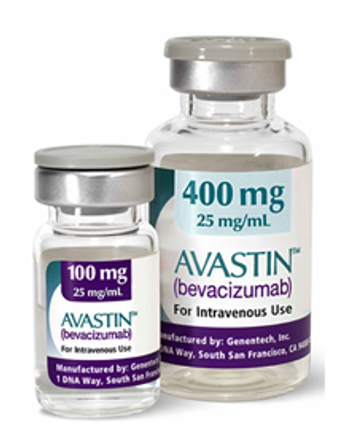
Genentech, owner of Roche, submitted its response yesterday to the FDA’s proposal to withdraw approval for Avastin (bevacizumab) for the treatment of HER2-negative metastatic breast cancer.

According to a recent analysis by researchers at the National Cancer Institute, in 2020, medical expenditures for cancer should reach at least $158 billion (in 2010 dollars). This represents an increase of 27 percent over 2010.
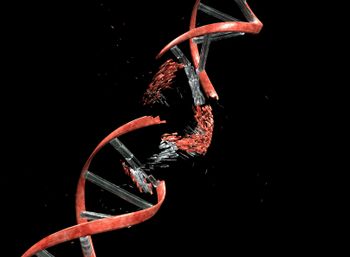
A new study finds that cancer cells, conventionally thought to develop only over long periods of time can begin in a single event, accounting for the development of 2% to 3% of all cancers, and up to 25% of bone cancers.


"Kinome" is the word to know this year in oncology, because it has begun to reveal molecules that some tumors are relying on to survive, which until now we had no idea were involved in cancer or which we hardly knew at all.

European regulators have approved rituximab(MabThera or Rituxan) as a first-linemaintenance treatment for patients withfollicular lymphoma (FL) whose disease hasresponded to initial induction therapy.

Patients with myelofibrosis experienced relief from pain, fatigue, and other symptoms associated with enlarged spleens after treatment with a JAK1 and JAK2 inhibitor, according to study results from Houston’s M.D. Anderson Cancer Center.

The Duke Comprehensive Cancer Centerin Durham, N.C., has received a five-year,$30 million core grant renewal from NCIto support its clinical, research, and educationalprograms.

Jeff Kranau’s story is a moving one but, during this economic downturn, not necessarily a unique one. The former South Florida salesman was successfully treated for squamous cell carcinoma of the larynx in 2009 and declared cancerfree. But what should have been a reason for celebration has, over time, sent Mr. Kranau’s life into a tailspin.